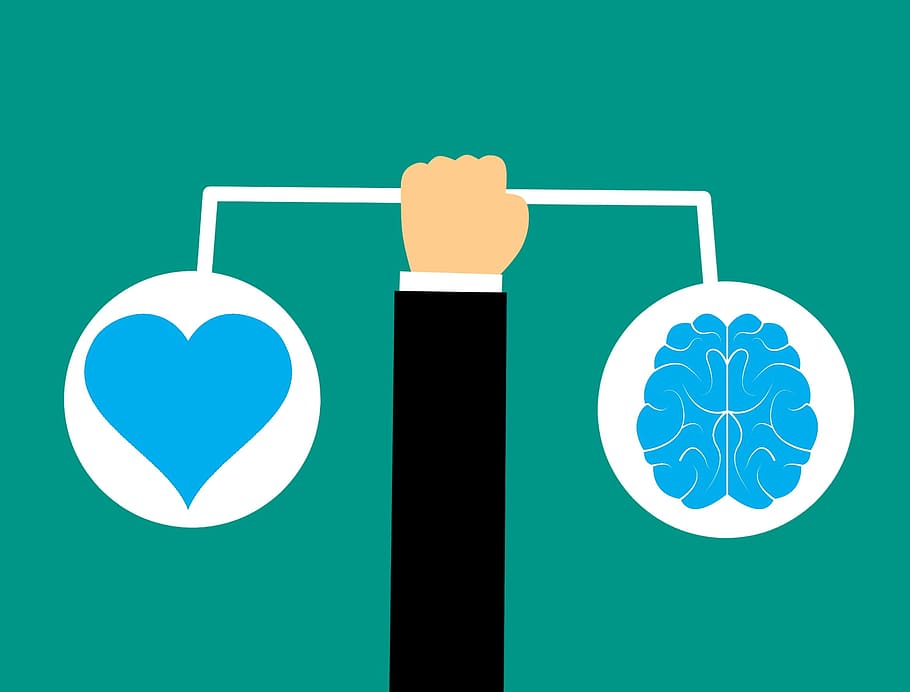
FAQ About Basics of Emotional Intelligence
How does emotional intelligence affect workplace performance?
Leadership Effectiveness: EI plays a crucial role in effective leadership. Leaders with high EI are better equipped to understand and manage their own emotions, as well as the emotions of their team members. They are more capable of inspiring and motivating their teams, building strong relationships, resolving conflicts, and creating a positive work environment.
Improved Communication: EI enhances communication skills, allowing individuals to express themselves clearly and empathetically. High EI individuals are skilled at active listening, interpreting nonverbal cues, and adapting their communication style to different audiences. Effective communication promotes collaboration, teamwork, and better understanding among colleagues.
Relationship Building: EI contributes to the development of strong relationships and positive work connections. Individuals with high EI are more adept at building rapport, understanding others' perspectives, and demonstrating empathy. These qualities foster trust, cooperation, and a sense of camaraderie within teams, leading to increased productivity and job satisfaction.
Conflict Resolution: High EI individuals are skilled at managing and resolving conflicts. They approach conflicts with empathy and understanding, actively listening to different viewpoints. By regulating their emotions and facilitating open and constructive dialogue, they can find mutually beneficial solutions, leading to improved team dynamics and reduced workplace tension.
Adaptability and Resilience: EI enables individuals to adapt to change and navigate stressful situations with greater ease. High EI individuals can regulate their emotions, maintain a positive mindset, and handle challenging circumstances effectively. Their adaptability and resilience contribute to increased productivity and the ability to cope with work demands.
Decision-Making: EI influences decision-making by incorporating both rationality and emotions. High EI individuals consider the impact of emotions on themselves and others when making decisions. They are better equipped to balance logical reasoning with emotional considerations, leading to more well-rounded and inclusive decision-making processes.
Customer Service and Client Relationships: In roles that involve direct interaction with customers or clients, EI is critical for delivering exceptional service. High EI individuals can understand and respond effectively to the emotions and needs of customers, resulting in improved client satisfaction, loyalty, and positive business outcomes.
Stress Management and Well-being: Individuals with high EI are more equipped to manage stress and maintain emotional well-being. They are able to recognize and regulate their own emotions, implement self-care practices, and seek support when needed. This ability to manage stress positively impacts overall job performance, productivity, and job satisfaction.
